You have to use what you’ve got; if you don’t have the stuff, you can’t do the thing. Inspired by this quip from Ben Russell (Curator of Mechanical Engineering at the Science Museum, Kensington), my latest Ph.D. chapter considers the ways in which the stories of the Hartree Differential Analyser have been changed in …
Tag: Science Museum
Jun 12
Mind Maps: Stories from Psychology
‘Mind Maps: Stories from Psychology explores how mental health conditions have been diagnosed and treated over the past 250 years. Divided into four episodes between 1780 and 2014, this exhibition looks at key breakthroughs in scientists’ understanding of the mind and the tools and methods of treatment that have been developed, from Mesmerism to Electroconvulsive …
Mar 20
Reclaiming Thalidomide Victims’ Lives: Post-war powered arm prosthesis
The 1960s witnessed ever-more complicated limb prosthetics, moving beyond the unrealistic, aesthetically unappealing wooden limbs of the early twentieth century, towards modernistic, beautifully functioning and natural-looking designs. This defined the transformation of post-war science. The pneumatically-powered prosthetic arms (pictured) were designed for Thalidomide victims, yet fit with and shaped trends in post-war science as it …
Aug 24
Big Science and the Atomic Clock
Modern Times means Modern Time! Don’t trust the Earth, trust the Atom! This was the first successful atomic clock. In 1955, when it was developed, it proved more accurate than any other time keeper in the world. The use of stable vibrations of caesium atoms at a time standard was first proposed by the physicist …
Aug 21
“‘The dentist will see you now’ – Dental unit fills hole in new health service”
The Dental Manufacturing Company Dental Unit, 1945-55 In July 1948, the NHS was opened by Labour health minister Bevan, making dental treatment available to the whole population, free of charge, for the first time. This sudden expansion of treatment meant that, at first, there was a shortage of specialist dental equipment. The Dental Manufacturing created, …
Aug 10
Technology in Everyday Life c.1939-1968
From prams and washing machines to radios and vacuum cleaners, this display of items from the 1951 Festival of Britain is clearly domestically centred. Here, science and technology appear to impinge on almost every aspect of day-to-day British life with items for entertainment (games, fireworks and broadcasting technologies), beauty (hair styling and clothes tailoring), cleaning …

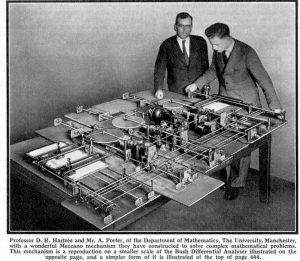
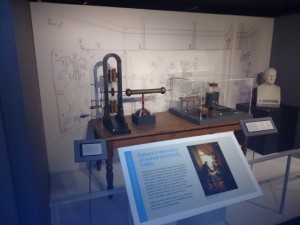
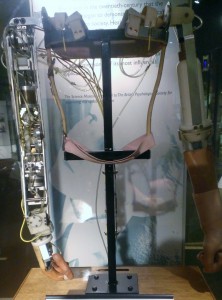
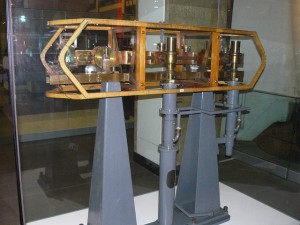
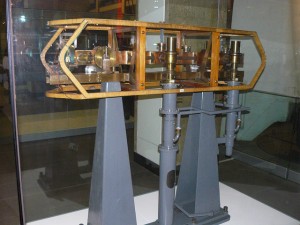
Recent Comments